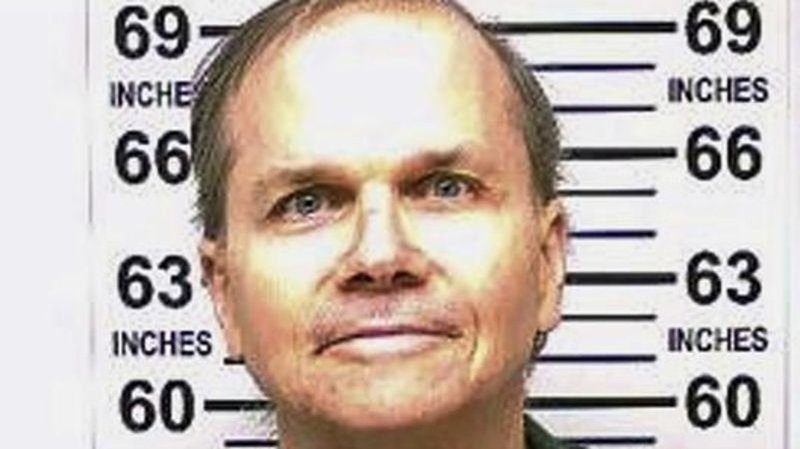
John Lennon’s killer says there was “evil in my heart”
The man who gunned down John Lennon outside his New York City apartment building in 1980 told a parole board that he knew it was wrong to kill the beloved former Beatle, but that he was seeking fame and had “evil in my heart.”
Mark David Chapman made the comments in August to a board that denied him parole for a 12th time, citing his “selfish disregard for human life of global consequence.” Chapman, in a transcript released by state officials Monday under a freedom of information request, said the decision to kill Lennon was “my big answer to everything. I wasn’t going to be a nobody, anymore.”
“I am not going to blame anything else or anybody else for bringing me there,” Chapman told the board. “I knew what I was doing, and I knew it was evil, I knew it was wrong, but I wanted the fame so much that I was willing to give everything and take a human life.”
Chapman killed Lennon on the night of Dec. 8, 1980, as he and Yoko Ono were returning to their Upper West Side apartment. Earlier that day, Lennon had signed an autograph for Chapman on a copy of his recently released album, “Double Fantasy.”
